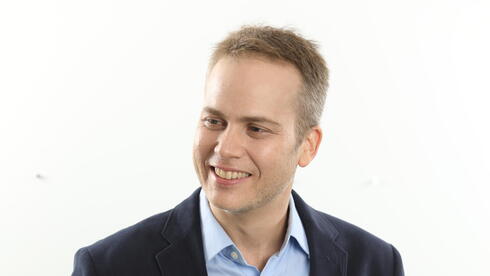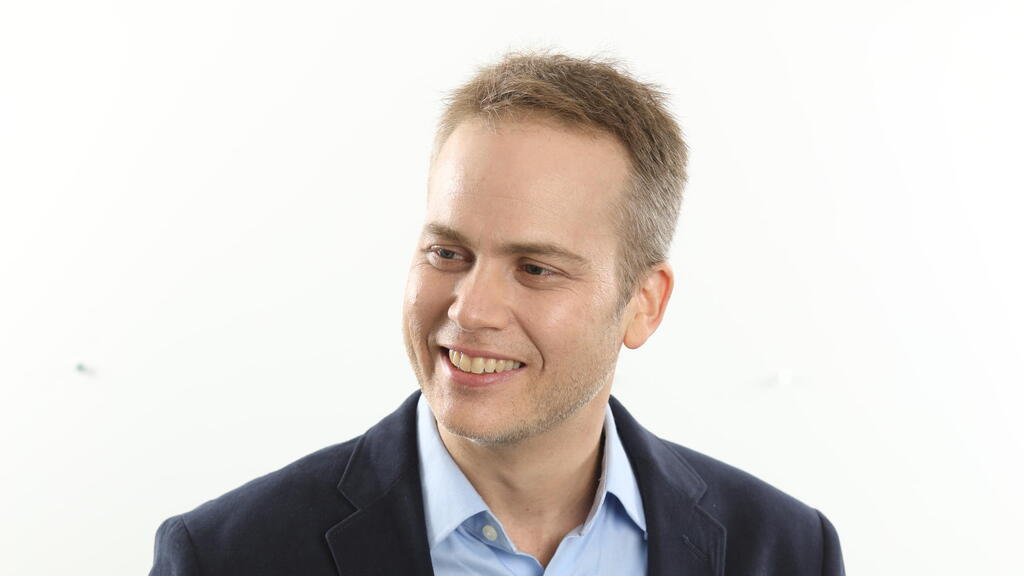
Opinion
Founder mode on steroids: The Israeli secret to startup survival and success
"As the debate between founder mode and manager mode rages on in Silicon Valley, Israeli entrepreneurs continue to demonstrate the power of staying in an amplified founder mode," writes Dr. Micha Breakstone.
In the heart of Tel Aviv's bustling startup scene, a supercharged approach to company leadership has long been the norm. Israeli founders aren't just building innovative companies--they're operating them with an intensity and hands-on approach that's distinctly their own. While Silicon Valley debates the merits of "founder mode" versus "manager mode," Israeli entrepreneurs have been living and breathing an amplified version of founder mode for decades. It's not a new trend or a recent discovery--it's a battle-tested strategy for survival and success. The result? A startup ecosystem that's produced more unicorns per capita than any other country. But what exactly are these Israeli founders doing differently, and how can you apply their high-octane strategies to your own venture?
In his thought-provoking, and now viral piece, "Founder mode", Paul Graham, co-founder of Y Combinator, argues that the conventional wisdom about running larger companies is fundamentally flawed. He proposes that there are two distinct ways to run a company: founder mode, where original visionaries maintain hands-on control, and manager mode, which relies on professional executives. Graham asserts that founder mode is significantly more effective, especially for innovative companies.
However, in Israel, founder mode isn't just a strategic choice—it's a survival mechanism. Unlike in Silicon Valley, where founders might choose to remain deeply involved, Israeli entrepreneurs often have no other viable path. This necessity-driven approach has led to a unique manifestation of founder mode, one that goes beyond Graham's concept in both intensity and scope.
This supercharged necessity stems from several unique factors:
- Lack of traditional management culture: In Israel, an MBA isn't a status symbol like it is in the USA, where earning an MBA from e.g., Stanford, is a badge of honor, signifying you're part of an elite layer of top executives. You won't find many polished business school graduates in Tel Aviv's startup scene. Instead, you'll find founders who design, build, develop, deploy, and oversee everything themselves with an unmatched intensity. This hands-on approach isn't just about control—it's about leading by personal example, a core tenet that Israelis are raised on from an early age.
- Limited market access: Israeli startups often need to go global from day one, forcing founders to stay deeply involved in all aspects of the business at a breakneck pace. They need to build, develop, market, and sell their products with an urgency unknown in larger markets. If they outsource these critical functions to skilled managers, the company often dies. This high-stakes reality reinforces the understanding that it's not the best managers, but the best teams that win—and founders must be an integral, driving part of those teams.
- Less abundant and more expensive venture capital: With fewer resources, Israeli founders can't afford to hire layers of what Paul Graham calls "professional fakers." They're the real deal, hands-on from start to scale, building lean, mean teams that can execute effectively under extreme resource constraints.
But perhaps the most crucial factor is the military experience that shapes many Israeli entrepreneurs. In the book "Start-up Nation: The Story of Israel's Economic Miracle" (Twelve, 2009), authors Dan Senor and Saul Singer highlight this unique aspect, arguing that the Israeli Defense Forces are designed to produce innovative and resourceful junior officers, and that leadership is not based on status or rank, but on the ability to get the job done under intense pressure.
In the Israel Defense Forces (IDF), it's not uncommon for 20-year-olds to manage multi-million dollar, deep-tech driven operations where thousands of lives quite literally depend on their decisions. This experience instills a deep-seated belief in leading from the front and by example, a principle that carries over into the startup world with unparalleled intensity.
This military background instills a core value in Israeli founders: "אחריי" (pronounced "Acharai"). Literally translated as "behind me," it carries a deeper meaning: "The responsibility starts and ends with me, and I have your back." This ethos is the bedrock of Israeli founder mode on steroids.
Let's look at some real-world examples of this supercharged approach:
- Safe Super Intelligence (SSI): Probably the world's leading new startup in AI safety, SSI chose to establish its offices in Tel Aviv. Co-founded by Israelis Ilya Sutskever and Daniel Gross, SSI embodies the hands-on, mission-driven approach typical of Israeli founders, tackling one of the most critical challenges of our time with unmatched urgency.
- Immunai: This biotech powerhouse is revolutionizing personalized medicine through AI-driven immune system analysis. (Full disclosure: I introduced the founders and was an early investor.) The founders' deep, round-the-clock involvement in both the scientific and business aspects of the company exemplifies Israeli founder mode on steroids.
- Wiz.ai: Just four years after its inception, this cloud security startup nearly sold to Google for $23 billion. The founders' ability to scale rapidly while maintaining tight, hands-on control over the company's direction is a testament to the effectiveness of the intensified Israeli founder mode.
These examples illustrate a key point: Israeli founders don't just start companies--they lead them with an unmatched intensity, deeply and personally, from inception to exit. They don't hand off responsibility to professional managers; they grow into the leaders their companies need, all while building and nurturing high-performing teams around them. This approach goes beyond mere involvement—it's about creating a culture of urgency where everyone, from the founder to the newest hire, is deeply invested in the company's mission and success.
So what can you learn from this supercharged Israeli founder mode?
- Stay deeply involved: Don't just oversee; be ready to roll up your sleeves and work side by side with your team in every aspect of the business. Your unique vision and drive are your company's greatest assets.
- Embrace total responsibility: Adopt the "Acharai" mindset with intensity. The buck starts and stops with you, always.
- Build multidisciplinary skills at warp speed: Like IDF officers, learn to wear many hats and switch between them rapidly. Be ready to dive into any aspect of your business at a moment's notice.
- Think global from day zero: Don't wait for your home market to embrace you. Plan for world domination from the very start, with the urgency of someone who has no other choice.
- Value substance over style with fierce determination: Prioritize real results and innovation over polished presentations and management speak. Let your product and your actions do the talking.
As the debate between founder mode and manager mode rages on in Silicon Valley, Israeli entrepreneurs continue to demonstrate the power of staying in an amplified founder mode. It's not just a way of starting a company--it's a high-octane approach to leading it to extraordinary success. So the next time someone tells you to step back and let professional managers take over, remember the Israeli way. Stay involved with unstoppable determination, take responsibility like your survival depends on it, and keep leading from the front with unmatched intensity. After all, in the world of startups, nobody knows your vision or feels the urgency quite like you do.
Dr. Micha Breakstone is a serial entrepreneur who previously sold Chorus.ai to ZoomInfo for $575 million. He is currently the CEO of Somite.ai, a tech-bio company developing foundational AI models in stem cell biology.















